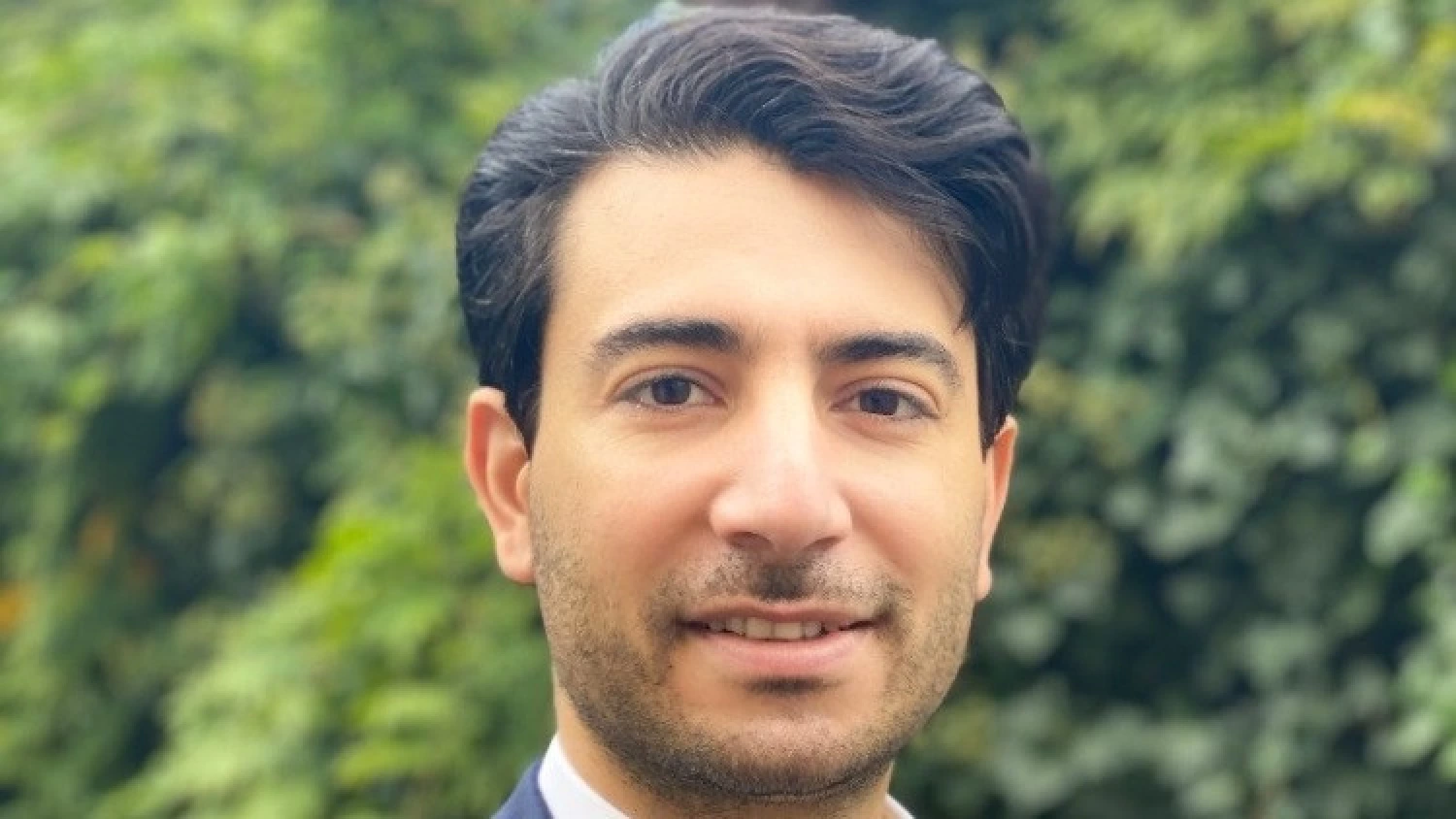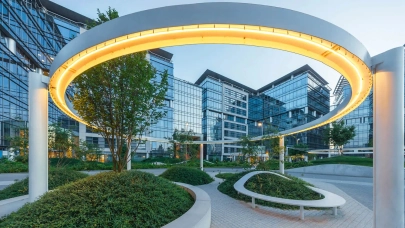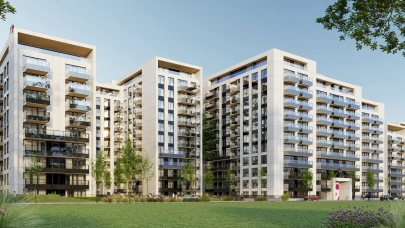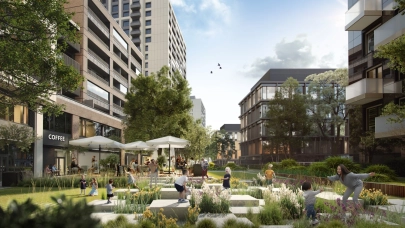
Benjamin Bettoun, Group Head of Asset Management at NEPI Rockcastle, talked to Property Forum at MIPIM about the company's investment strategy in CEE and the trends that are shaping the future of shopping centres. He also talked about the increasing demand for retail space in the company’s new mall in Craiova, Romania, slated for delivery at the end of 2023.
How would you summarise NEPI Rockcastle’s current investment strategy?
At the end of last year, NEPI Rockcastle bought Forum Gdansk, in one of the largest retail transactions across Europe in 2022 and which followed our earlier investment in the Galeria Copernicus Torun shopping centre, also in Poland. These deals reflect our investment strategy of focusing on the CEE region and on dominant shopping centre assets in local markets. We are in nine countries and have a strong balance sheet enabling us to take advantage of market opportunities as they arise.
We are also growing organically, without any pressure to invest more, but are looking at the opportunities in Poland and across the CEE region, since we think 2023 is going to be a buyers’ market.
NEPI Rockcastle clearly boosted its position as the largest developer, owner and operator of shopping centres by value in CEE with these transactions in 2022.

Benjamin Bettoun
Group Head of Asset Management
NEPI Rockcastle
Are you fully committed to retail as an asset class or are you looking to diversify your portfolio?
We are predominantly focused on retail, but if you look at our pipeline, you will see that we also have some smaller developments in other property sectors, for instance, a residential project that will be delivered at the end of this year in Romania. We also have some offices as well.
Investors are definitely rediscovering retail after the pandemic.
Before and during the pandemic our portfolio clearly demonstrated its resilience and performance. Investors can see that our sales in 2022 exceeded pre-pandemic levels in 2019 and that trend explains why there is such a resurgence of interest in retail in general in the real estate industry.
Have the turnover and occupancy rates returned to pre-Covid-19 levels in all the markets in which you operate?
If you look at 2022 retail sales, we outperformed 2019 across all sectors except for entertainment, which makes sense. Even so, entertainment was only down 4.4% compared to mid-2019 and we are confident that the sector will recover as well if you look at the performance of the latest blockbuster films in January and February this year.
Among the other retail sectors, health and beauty sales were up 33% last year compared with 2019, while fashion and accessories gained 24%. The strong recovery in almost all categories in 2022 demonstrated that people were longing to get back to our shopping centres and that is something we observed across all our different markets.
We paid a lot of attention to delivering the right experiences after the pandemic, with a focus on safety and security in our malls. We also brought the latest retail concepts into our customer journey through the brands we attracted. For instance, epantofi.ro, originally a pure online shoes player, opened a store in the Mega Mall in Bucharest, which was a market entry focused on an omnichannel strategy. Another example is Primark which opened in Bonarka City Center in Kraków and was a huge success. This performance reflects the meticulous work we do in leasing and in designing the right customer journey.
What is your expectation for consumer spending by the end of this year considering the high inflation environment?
It is still early in the year, but we are looking at the sales turnover of our tenants very thoroughly. We are working to understand what customers want and to have better insights into the brands that we need to deploy across the shopping centres.
How are e-commerce and brick-and-mortar retail working together? How do you see the omnichannel strategies appearing in your centres?
E-commerce retail market share in Romania stands at around 11%, and in Poland, it hovers at about 7%, so you can imagine this is not impacting our shopping centres in any significant way, but I believe omnichannel strategies will still need to be implemented. Retailers have clearly understood that and the ones that are performing very well in our shopping centres are the ones who have been able to make the link between brick-and-mortar and online while building value out of it. This is the case with the epantofi.ro store in the Mega Mall in Bucharest I mentioned, which allows customers who spotted a product on the internet to try it in the store and to decide whether to make a purchase. It may appear to be a simple process, but it requires a lot of work from the tenants as well as from landlords.
Our own online retail strategy is to support tenants with our ‘SPOT app’ which brings visibility to their products, brands, their stories and events, according to the season. The app helps us to catch the attention of our customers and attract them regularly to our shopping centres.
Energy efficiency is a topic that must be mentioned in 2023. How are you approaching it?
The picture for energy supply and efficiency varies between city markets and countries, but NEPI Rockcastle has pursued a strategy of optimization of utilities for our shopping centres. We have focused on this for a very long time and will keep doing so, as it is not something you can do overnight. We are investing in installing PV panels on 30 of our shopping centres in Romania and this will provide us with some resilience in supply during any future energy crisis. NEPI Rockcastle takes a 360-degree approach. For example, we are partnering with proptech startups that help us optimize energy consumption in shopping centres through Artificial Intelligence (AI), which allows us to manage the buy and sell market cycles for energy more efficiently.
In Romania, you’re also active as a developer currently. What is your current expansion strategy there?
We are focused on delivering the Promenada Mall in Craiova by Q4 2023. We have had a great response from retailers who want to occupy the space. In fact, the demand from retailers was so great that we added a retail park to the scheme. This decision was motivated by the high level of pre-leasing for the shopping centre. We are also looking at all our assets in Romania to try and identify where it can make sense to refurbish, renew or extend.



